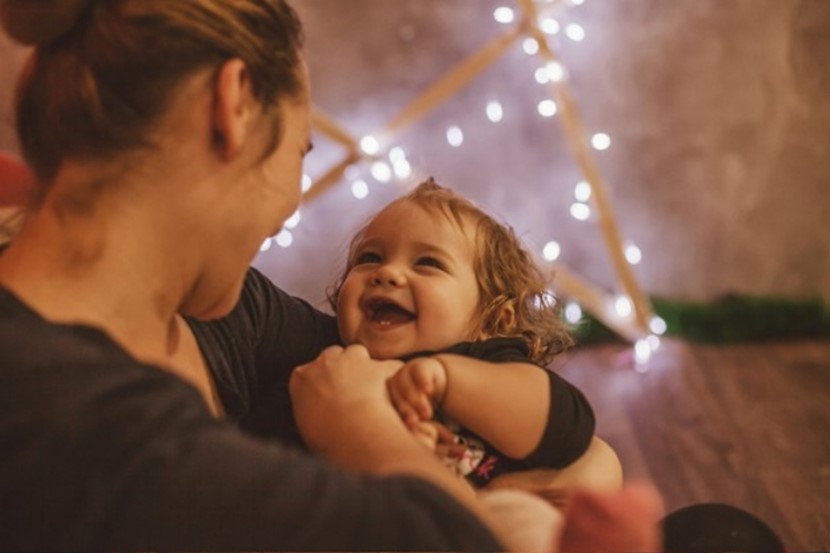Christmas presents of love

"Christmas is for kids" it is often said. I guess that idea comes from the enjoyment most parents feel watching the huge smiles and delighted squeals of young children as they open their presents on Christmas morning. It touches our hearts and stirs the memories of our own childhood.
Giving our children presents is ultimately about love and caring. The enormous responsibilities of parenthood, which can sometimes almost overwhelm us in times of stress, can bring many rewards. Nurtured with love within the stable and protective fold of a caring family (no matter what the particular makeup of the family) children grow as individuals and bring to that family a new and unique personality.
So while many parents cannot afford to buy their children the very latest "must have" Christmas toy, they can give their children presents of love that will encourage a positive relationship between child and parent. Developing a positive relationship with your child can help ease many of the stresses of parenting and in the process reduce the potential for misbehaviour.

So how exactly do you come by these particular 'presents'?
Developing a caring family relationship takes many forms, but most often begins with simple everyday actions. Spending frequent small amounts of time with your child, even if it is only as little as 1 or 2 minutes can be more beneficial than less frequent longer times. So-called 'quality time' with children is more likely to occur naturally rather than be planned for. Next time your child comes up to you to tell you something, ask a question, or involve you in their activity, if you are not occupied with something important stop and make yourself available. The efforts you take to be involved with your child, however brief, are special to them.
The more we respond to these requests when children are pleasant and civil, the fewer hassles we have with children demanding attention. Children also need to learn to receive attention and have it taken away. The key is to keep your attention brief and frequent. Spending time with your child acknowledges their individuality and self-worth and allows opportunities for learning. And when you take time to talk with your child this not only helps them learn the art of conversation and the usefulness of words to help express themselves, it also gives you the chance to share your own ideas and information. It shows that you are interested in what your child has to say.
Remember too, there are many opportunities to give your children attention and encourage behaviour you like without taking up much time. A smile, a wink, a pat on the back or simply just watching as your child plays, are all forms of attention that children enjoy. Noticing your child behaving well and praising them for it increases the chance of that good behaviour occurring again.
Another way of showing you care is to give your child plenty of physical affection. Holding, touching, cuddling, tickling and hugging, help children grow up feeling loved and cared for as well encouraging them to be comfortable with giving and receiving affection. Affection in the first few years of a child's life helps them form secure bonds with their parents, bonds much more powerful than that which biology provides.
Of course, those Christmas toys aren't without their own benefits. Providing children with interesting and engaging activities encourages independent play - a skill essential for a healthy upbringing. The toys don't have to be expensive, just fun for your child to play with.
Christmas is a time for kids, as well as parents, and families. I wish you all a Merry Christmas and the best of luck with raising the next generation - it's a tough job sometimes, but well worth the effort.
Dr Matt Sanders, is a clinical psychologist at the University of Queensland and founder of the Triple P Positive Parenting Program.

